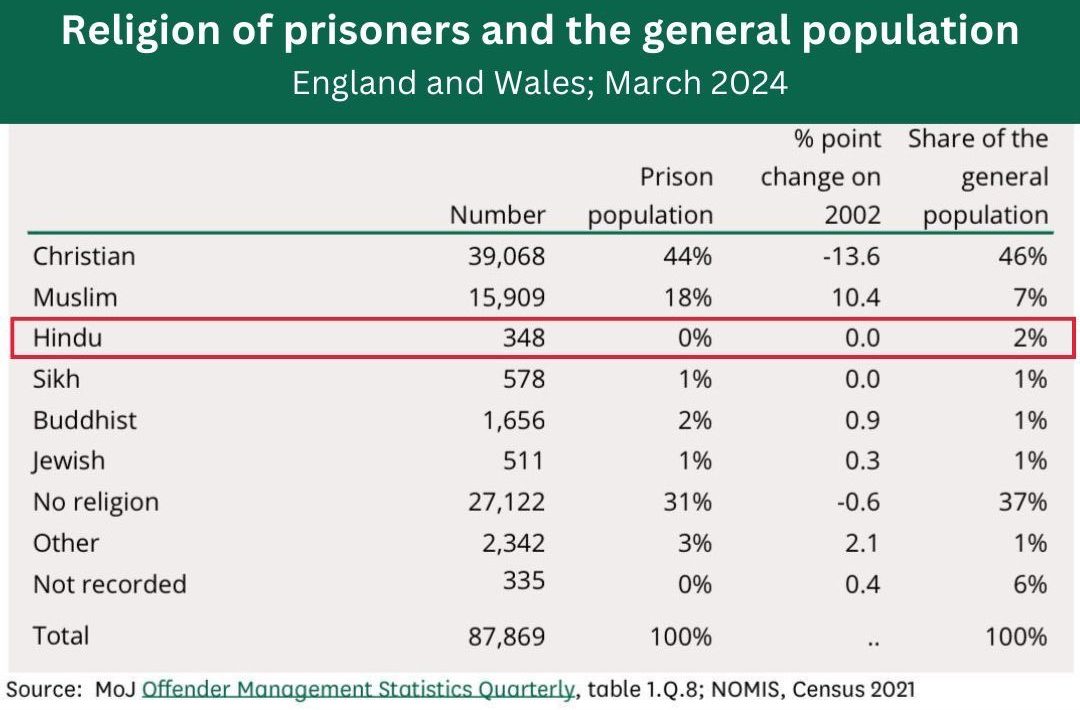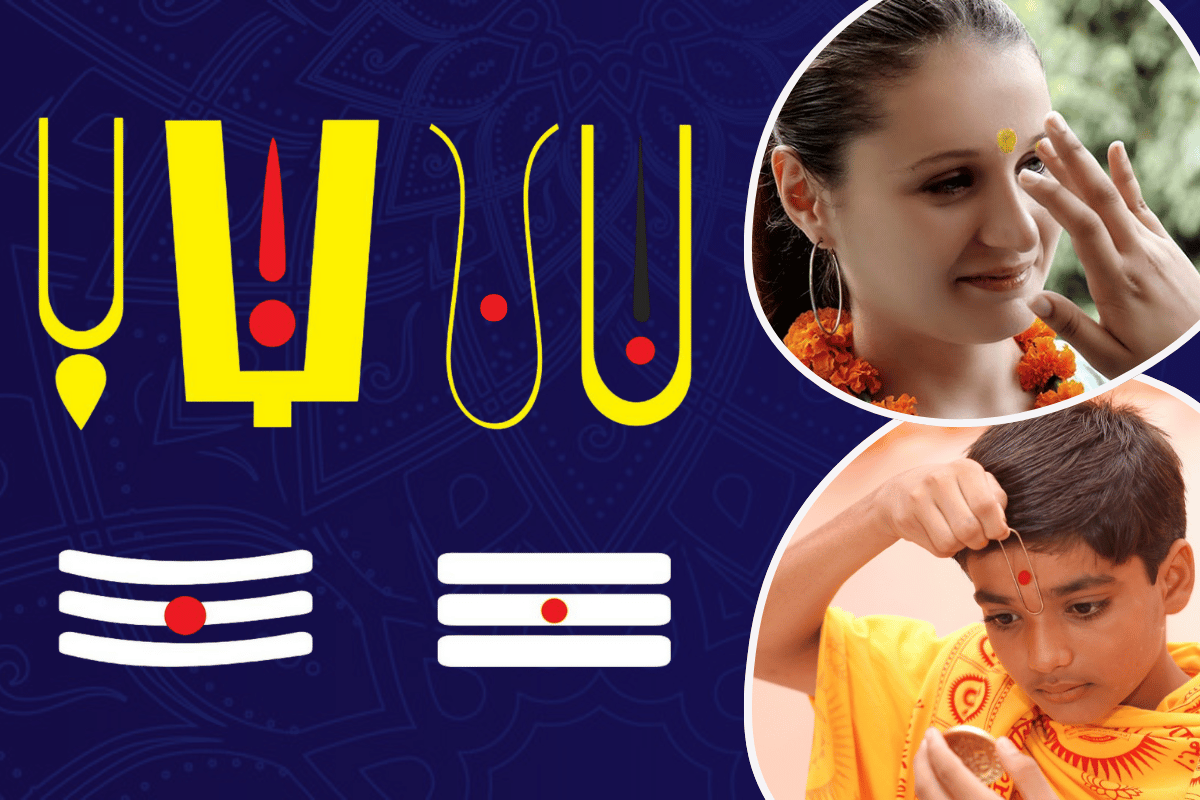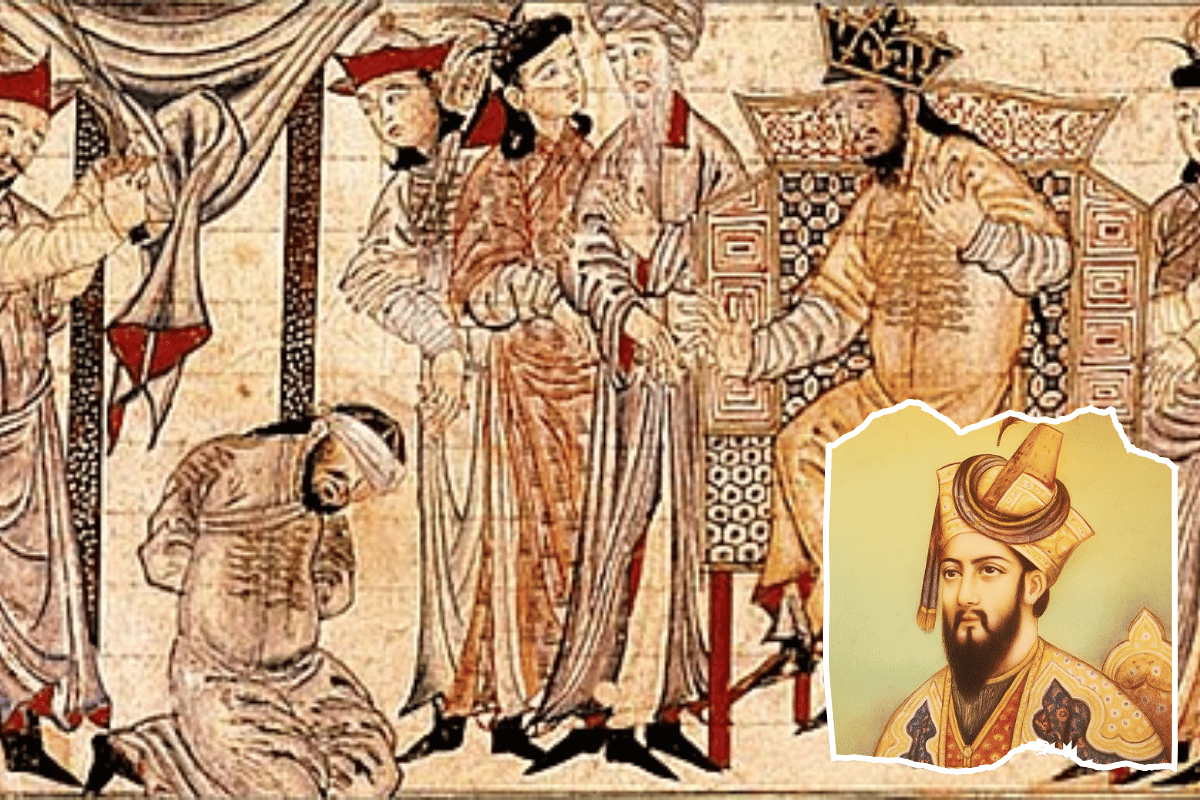
On March 30, 2025, the Daily Mail published a sensationalist article titled “British Hindu extremists are forming alliances with far-right groups over their ‘common hatred’ of Muslims”, written by Abul Taher. This piece, citing a confidential unreleased report by the UK’s National Police Chiefs’ Council (NPCC), paints British Hindus — particularly those who express cultural or civilisational pride — as dangerous extremists allegedly aligning with far-right supremacist groups.

This article is not just misleading; it is a textbook example of how biased framing, selective omission, and ideological lens can manufacture a moral panic around a peaceful religious community. This response aims to dismantle each major claim made in the article through the lens of fairness, evidence and a Hindu civilisational narrative grounded in integrity.
Equating Hindutva with extremism: A colonial echo
The article repeatedly conflates Hindutva with “extremism,” reducing a rich philosophical tradition to a caricature. Hindutva, quite simply, is the outward expression of the Hindu identity. It is that which is Hindu or Hindu-ness. By labelling it “Hindu extremism”, the article erases legitimate grievances, demonises cultural pride and identity, and infantilises Hindus who engage in civic and political responsibilities with an awareness of their roots.
This tactic of isolating religious identity from political consciousness — applied only to Hindus — mirrors colonial-era strategies used to break up Hindu and Indian spirit.
The myth of a Hindu-far right alliance
The article alleges that British Hindus are forming alliances with far-right white supremacists like Tommy Robinson based on a “shared hatred of Muslims.” This claim is not only unsupported by credible data or named organisations — it is dangerous. No known UK-based Hindu advocacy body or temple has aligned with Robinson’s ideology or group. The article fails to cite a single formal alliance, resolution, co-sponsored event, or leader to substantiate this supposed connection.
If Robinson attended a Hindu event or posed with Hindus, does this equate to ideological endorsement? By that logic, every politician photographed at a mosque or church would be liable for all ideologies espoused therein — a ridiculous standard.
Guilt by association: Breivik and the Hindutva smear
Citing Norwegian terrorist Anders Breivik’s passing reference to Hindutva in a 1,500-page manifesto is a disingenuous attempt to paint a civilisational movement with the blood of a lone madman. Breivik also praised Al-Qaeda’s operational effectiveness — does this mean all Muslims share responsibility? Selective citation and guilt by association are classic propaganda tactics, not serious journalism.
Leicester riots: Distorting the truth
The article cites the 2022 Leicester riots to show “sectarian hate” inspired by Hindutva. It conveniently omits that the violence was preceded by systematic provocations against Hindus, including the vandalism of Hindu temples, physical assaults on young Hindu men, and hate speeches by radical Islamist preachers.
One of the chief instigators of the violence was Majid Freeman (real name Majid Novsarka). Freeman peddled multiple false stories inciting Islamist mobs to target and attack Hindus and was later convicted on September 9th, 2024, of a Section 4 Public Order Offence, citing that Freeman intended “immediate unlawful violence” and used “abusive words with the intention that violence would be provoked.”
Additionally, video evidence and investigations by the Henry Jackson Society and several citizen journalists indicate that Islamist groups mobilised online to target peaceful Hindu processions. These facts are missing in the article — a red flag for narrative manipulation.
I raised the NPCC’s report which blamed Hindu extremism for the Leicester riots in 2022.
This is despite the fact that;
105 Hindu homes were attacked, 0 Muslim homes.
2 Hindu temples were attacked, 0 Mosques.I asked the Govt to release the full report so we can scrutinise it. pic.twitter.com/xHTjmPy1qu
— Bob Blackman (@BobBlackman) March 31, 2025
MP Bob Blackman raised the NPCC’s report which blamed Hindu extremism for the Leicester riots in 2022.
Mr Blackman highlighted that the report targeted Hindus despite the fact that:
- 105 Hindu homes were attacked, no muslim homes
- 2 Hindu temples were attacked, no mosques
Demonising ‘Jai Shri Ram’: Sacred chant or ‘religious dominance’?
Perhaps the most insidious claim in the article is that the chant “Jai Shri Ram” — which means “Hail Lord Ram,” a revered deity — is used to assert “religious dominance.” Would the article dare say the same about “Allahu Akbar” or “Christ is King”? This double standard — where Hindu religious symbols are treated as inherently aggressive — betrays deep civilizational bias. “Jai Shri Ram” is used by billions of Hindus worldwide in prayer, greetings, songs, temple festivals, and weddings. Branding it a tool of intimidation criminalises the very act of Hindu self-expression, the true meaning of Hindutva.
The tired ‘diaspora election interference’ trope
The article implies that Hindu groups tried to influence UK elections in 2019 by encouraging British Hindus not to vote for Labour due to the perceived anti-Hindu bias under Jeremy Corbyn. This is framed as dangerous. Yet, diaspora lobbying by religious groups — Muslim, Jewish, Catholic — is common, legal, and protected under free speech. Why is it sinister when Hindus do it?
If the Labour Party was indeed perceived as siding with anti-India elements or harboring figures who dismissed Hindu concerns (e.g., over Kashmir), then it’s rational for the community to express its preference — not interference.’
Bollywood films and Sikh-Hindu tensions: Another distortion
The article blames Bollywood films like Emergency for “causing Sikh protests.” Again, no evidence is offered beyond noting that Sikh groups opposed a film portrayal. In fact, the protests over movie releases were by pro-Khalistan extremists, not Sikhs – a difference Abul Taher and the Daily Mail maliciously painted as the same.
Artistic disagreements are common, and politicised protests over media have occurred across all communities. Does criticism of The Crown mean an uprising against the British monarchy? The notion that Hindus are using cinema to promote supremacist ideology is as absurd as it is unsupported.
Misrepresenting Hindu organisations as ‘extremist’
Throughout the article, there is a persistent effort to suggest that organisations associated with Indian Prime Minister Narendra Modi or the RSS are “extremist.” This claim ignores the RSS’s record of service work in tribal regions, disaster relief, and education. It also sidesteps the fact that the BJP is the world’s largest democratic political party, elected by over 600 million people. Disagreeing with its politics is legitimate; labelling its supporters abroad as threats to UK society is dangerous and discriminatory.
Hadiya Masieh’s framing and the ‘good Hindu vs Hindutva Hindu’ binary
The article ends with a quote from Hadiya Masieh, claiming most “mainstream Hindus” don’t support Hindutva. This binary — “good” passive Hindus vs “bad” assertive Hindus — is deeply paternalistic. Many Hindus view Hindutva not as extremism but as a framework for cultural pride, historical correction, and global solidarity. The forced separation of Hinduism from its civilizational identity is itself a form of religious erasure.
A call for integrity in reporting on Hindu communities
Abul Taher’s article in the Daily Mail is a clear example of how biased reporting can manufacture a moral panic around a minority community using selective quotes, unnamed sources, ideological framing, and civilizational ignorance. It contributes to rising anti-Hindu hate in the UK, endangers Hindu students and professionals, and disrespects legitimate expressions of cultural and political identity.
May we remind Abul Taher and the Daily Mail of the official UK government data on the prison population by religious identity in England and Wales– Hindus make up less than 0.4% of the prison population – (UK government data actually rounds it down to 0%).

British Hindus: England and Wales prison population
Hindutva is not hate. It is identity, dignity, memory, and continuity. It is the voice of a civilisation that endured colonisation, genocide and demonisation — yet stands today with strength and clarity. British Hindus — like all diaspora communities — deserve respect, nuance and equal treatment.









